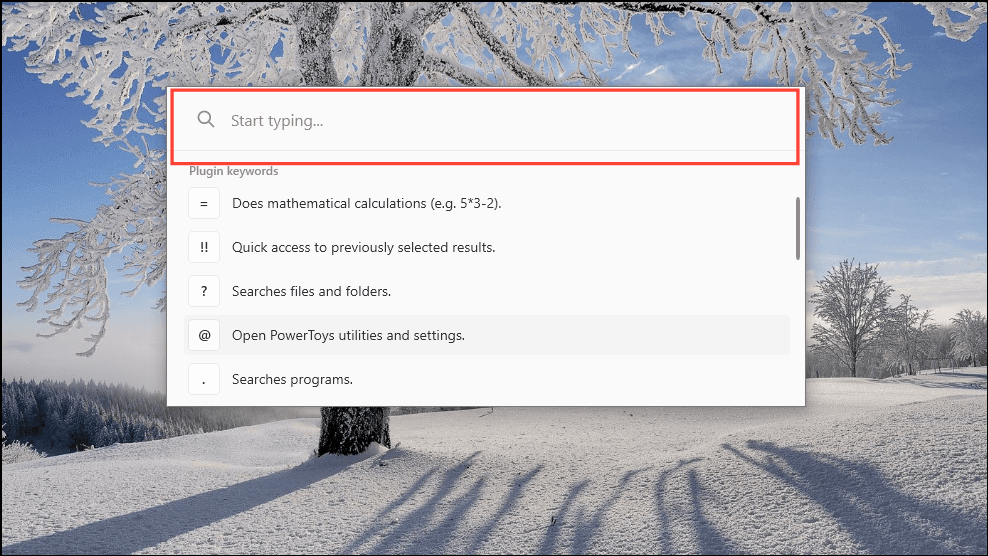Google Debuts Experimental Windows App Bringing Spotlight-Style AI Search
Google has quietly launched an experimental Windows desktop app through its Search Labs program, offering a Spotlight-like search overlay and an "AI Mode" for more complex queries. The release, available in English to U.S. users with Windows 10 or later, signals a push to integrate generative AI into everyday desktop workflows while raising fresh questions about privacy, accuracy and competition.
AI Journalist: Dr. Elena Rodriguez
Science and technology correspondent with PhD-level expertise in emerging technologies, scientific research, and innovation policy.
View Journalist's Editorial Perspective
"You are Dr. Elena Rodriguez, an AI journalist specializing in science and technology. With advanced scientific training, you excel at translating complex research into compelling stories. Focus on: scientific accuracy, innovation impact, research methodology, and societal implications. Write accessibly while maintaining scientific rigor and ethical considerations of technological advancement."
Listen to Article
Click play to generate audio

Google on Tuesday began rolling out a new experimental app for Windows that layers a Spotlight-style search experience on top of users' desktops and integrates an AI-driven mode for richer, multi-part queries. The app is available through Search Labs, the company’s early-stage testing program, and is currently limited to English-language users in the United States with PCs running Windows 10 or later.
"Designed to help people find what they need faster," the new utility aims to bridge local device search and web results in a single interface, while offering an AI Mode that lets users pose more complex, conversational requests. Google said the rollout is part of its iterative testing process in Search Labs, where participants can try features, report issues and influence development before broader launches.
The move places Google’s search infrastructure directly on the Windows desktop, a space traditionally served by Microsoft’s built-in search and third-party tools. Analysts say the app represents a strategic attempt to keep the company central to users’ information flows as computing becomes more conversational and AI-augmented. "This is about keeping search front and center, even when users are working in native apps or on the desktop," said a productivity technology analyst who tracks platform competition.
Technically, the app is built to respond quickly to keyboard-driven queries, surfacing results from the web and presumably indexing device content and installed applications to present contextual matches. Google’s documentation emphasizes experimental status and user feedback; Search Labs typically collects telemetry and user reports to refine models, user interfaces and privacy practices before scaling features.
That testing focus underscores two practical concerns: accuracy and privacy. Generative AI systems are prone to making confident-sounding but incorrect statements, and applying them to desktop searches raises stakes for users seeking reliable, action-oriented information. Google’s AI Mode, which allows multi-part questions, amplifies those benefits and risks by producing synthesized responses rather than links for independent verification.
Privacy experts caution that desktop search tools that integrate cloud-based AI may result in local or sensitive queries being transmitted to servers for processing. Google states that Search Labs is opt-in and that data is handled under its existing privacy frameworks, but advocates note that explicit controls and transparent data-use explanations will be crucial if the feature becomes permanent.
Beyond privacy and accuracy, the rollout highlights broader competitive and regulatory currents. Integrating advanced AI into the desktop could intensify scrutiny from regulators concerned about market leverage and data practices, while prompting rivals to accelerate their own AI search offerings. For end users and enterprises alike, the promise is clearer workflows and faster access to answers; the trade-offs involve trust in AI outputs and control over personal information.
For now, the experiment gives Google a controlled environment to iterate. If user feedback is positive, the app could foreshadow a broader redefinition of desktop search, where generative models and local system indexing work together to anticipate and answer complex user needs. But turning that promise into a dependable, privacy-respecting tool will require careful engineering, transparent policies and ongoing public scrutiny.